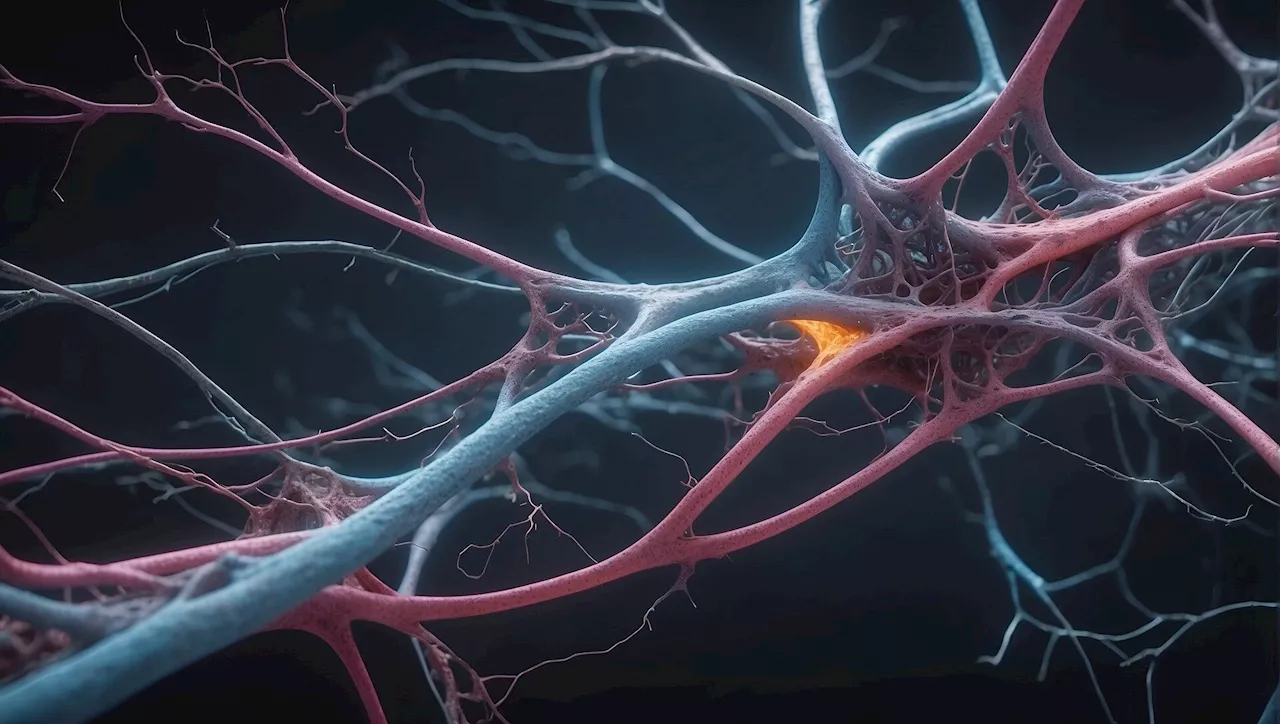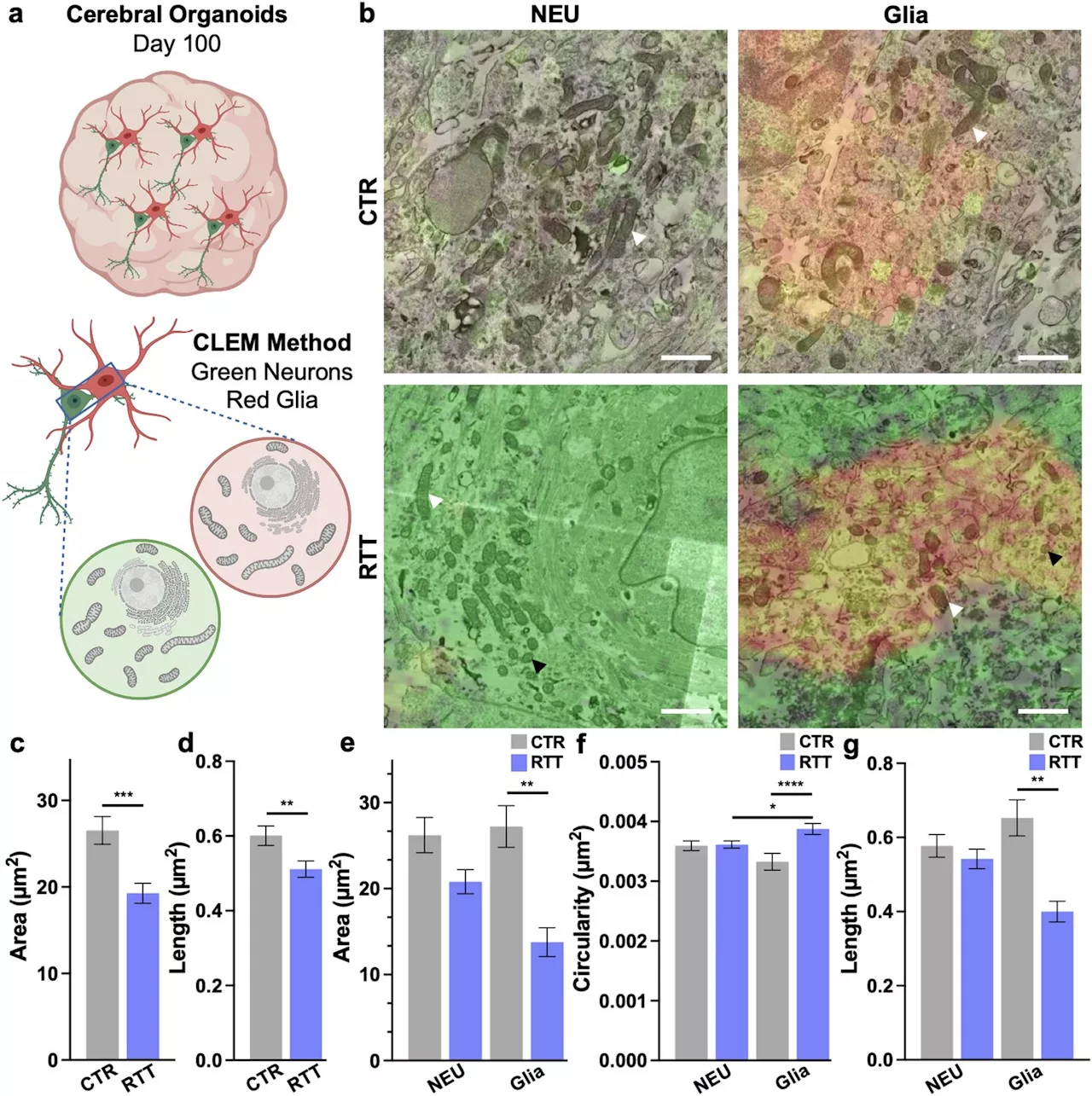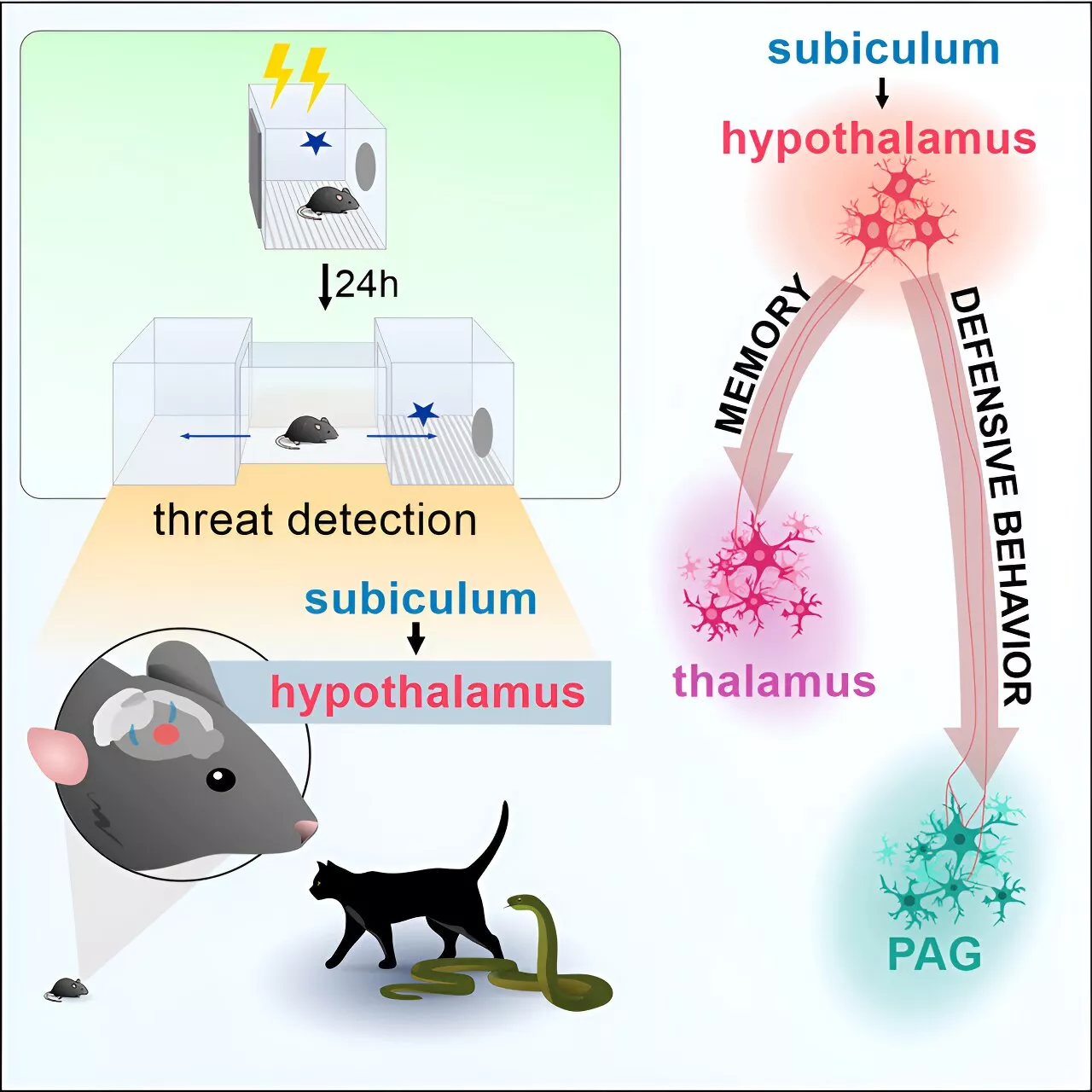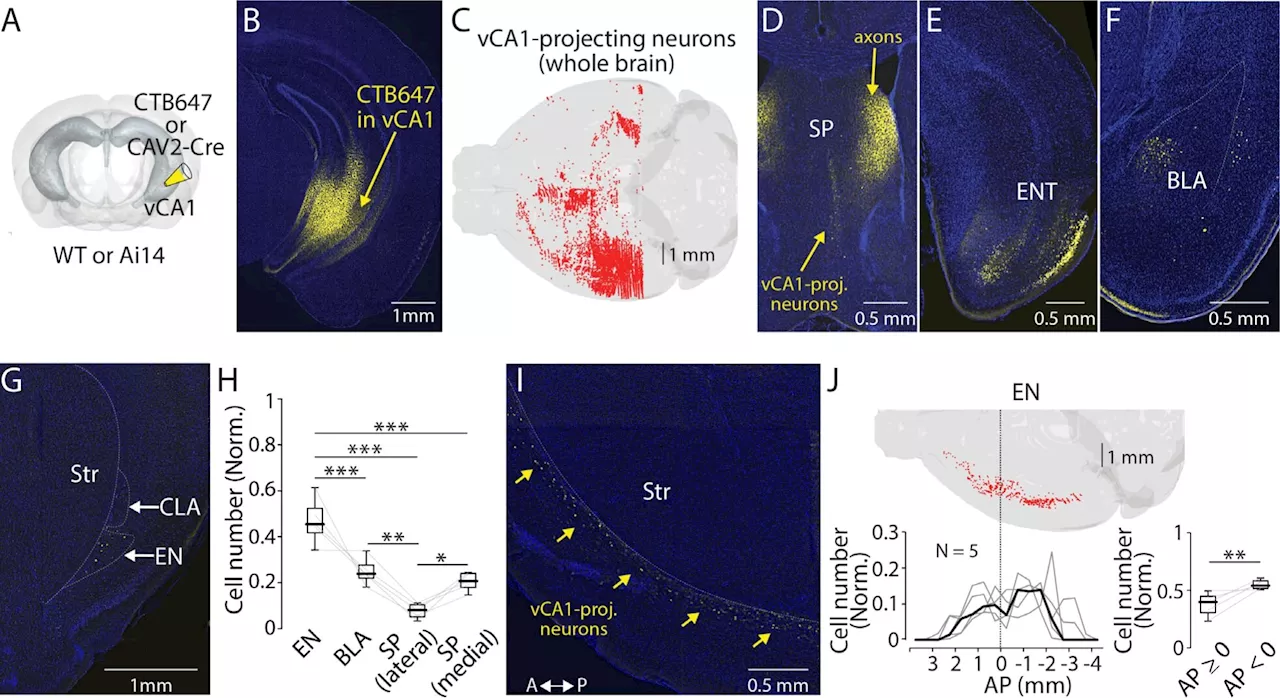For the first time, scientists have detected microscopic microplastics lodged in the human brain. Researchers in Germany and Brazil say that 8 out of 15 autopsied adults had microplastics detected within their brain's smell centers, the olfactory bulb.
Breathing could bring microplastics into the human brain, study shows retrieved 16 September 2024 from https://medicalxpress.com/news/2024-09-microplastics-human-brain.html
This document is subject to copyright. Apart from any fair dealing for the purpose of private study or research, no part may be reproduced without the written permission. The content is provided for information purposes only.2 hours agoUse this form if you have come across a typo, inaccuracy or would like to send an edit request for the content on this page. For general inquiries, please use ourThank you for taking time to provide your feedback to the editors.
Your feedback is important to us. However, we do not guarantee individual replies due to the high volume of messages.to let the recipient know who sent the email. Neither your address nor the recipient's address will be used for any other purpose. The information you enter will appear in your e-mail message and is not retained by Medical Xpress in any form.Get weekly and/or daily updates delivered to your inbox.
Medicine Research Health Research News Health Research Health Science Medicine Science
United Kingdom Latest News, United Kingdom Headlines
Similar News:You can also read news stories similar to this one that we have collected from other news sources.
 Human brain cancers fire electrical impulses: Researchers reveal unexpected hybrid cell spiking the signalsResearchers at Baylor College of Medicine and the Jan and Dan Duncan Neurological Research Institute at Texas Children's Hospital have uncovered a new cell type in the human brain.
Human brain cancers fire electrical impulses: Researchers reveal unexpected hybrid cell spiking the signalsResearchers at Baylor College of Medicine and the Jan and Dan Duncan Neurological Research Institute at Texas Children's Hospital have uncovered a new cell type in the human brain.
Read more »
 Researchers pinpoint key gene mutations, new mechanisms that cause brain bleeding and dementiaScientists have revealed new insights into the mechanisms behind cerebral small vessel disease, a condition that affects the smaller blood vessels in the brain and causes approximately half of all dementia cases.
Researchers pinpoint key gene mutations, new mechanisms that cause brain bleeding and dementiaScientists have revealed new insights into the mechanisms behind cerebral small vessel disease, a condition that affects the smaller blood vessels in the brain and causes approximately half of all dementia cases.
Read more »
 Brain cell types are affected differently by Rett syndrome mutation, researchers discoverRett syndrome is a X-chromosome-linked neurodevelopmental disorder; it can lead to loss of coordination, mobility, ability to speak, and use of the hands, among other symptoms. The syndrome is typically caused by mutations within the gene MECP2.
Brain cell types are affected differently by Rett syndrome mutation, researchers discoverRett syndrome is a X-chromosome-linked neurodevelopmental disorder; it can lead to loss of coordination, mobility, ability to speak, and use of the hands, among other symptoms. The syndrome is typically caused by mutations within the gene MECP2.
Read more »
COVID-19 lockdowns accelerated brain aging in adolescent girls, researchers findResearchers discovered that COVID-19 lockdowns accelerated cortical thinning in adolescent brains, with females experiencing more significant and widespread changes than males, indicating a higher developmental impact on female brains.
Read more »
 Researchers map brain circuits that signal immediate danger and create memories to help avoid threatsAn article published in the journal Current Biology describes experiments that mapped a brain circuit responsible for instantly detecting threats and forming memories of fear.
Researchers map brain circuits that signal immediate danger and create memories to help avoid threatsAn article published in the journal Current Biology describes experiments that mapped a brain circuit responsible for instantly detecting threats and forming memories of fear.
Read more »
 Researchers discover brain circuit that controls ability to recall information and memoriesDaily, we encounter new people, situations, and things that require our attention. Fortunately, there is an area in the brain that contributes to consciousness and awareness. This area is called the 'Claustrum complex' and is located deep within the brain in each hemisphere.
Researchers discover brain circuit that controls ability to recall information and memoriesDaily, we encounter new people, situations, and things that require our attention. Fortunately, there is an area in the brain that contributes to consciousness and awareness. This area is called the 'Claustrum complex' and is located deep within the brain in each hemisphere.
Read more »
